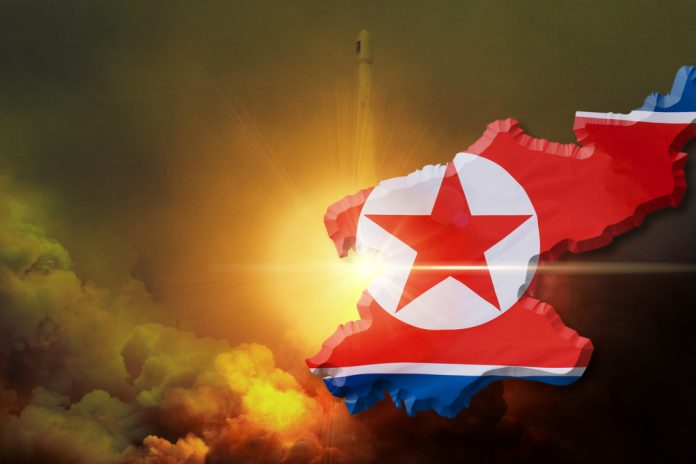
North Korea increases artillery production amid the Ukraine conflict, raising global concerns over its alliance with Russia.
Key Takeaways
- Kim Jong Un boosts munitions production to back Russia in Ukraine.
- Production capacity of artillery shells has doubled.
- North Korean troop fatalities in Russia reach nearly 5,000.
- Cooperation with Russia may bolster North Korea’s military technology.
- North Korea’s involvement could impact Ukraine conflict negotiations.
North Korea’s Production Increase
North Korea, under Kim Jong Un’s leadership, has notably increased artillery production to support Russia’s military efforts in Ukraine. Kim has directed factories to produce more artillery shells, an effort that has successfully doubled the production capacity.
This move aligns with Kim’s vision of “strengthening the fighting efficiency” of North Korea’s armed forces. He has emphasized the need for advancement in machinery and modernization of weapons manufacturing processes.
North Korean leader Kim Jong Un is pictured visiting a munitions factory. Kim has called for his arms industry to boost the production of artillery shells, as the country continues to supply arms and troops to support Russia’s war on Ukraine.
Read more: https://t.co/2nr10f5wAq pic.twitter.com/5utUhtNA4V
— ABC News (@ABC) May 7, 2025
Human Resources Contribution Amidst Conflict
Beyond munitions, North Korea has contributed substantial human resources by sending approximately 15,000 soldiers to Russia, as reported by South Korean intelligence. The toll has been heavy, with nearly 5,000 North Korean soldiers listed as casualties.
Despite the losses, North Korean state media has lauded the soldiers as heroes. This contribution reflects a deepening military collaboration between Pyongyang and Moscow.
Strategic Military Collaboration
The alliance between North Korea and Russia is seen as a strategic maneuver to acquire advanced military technologies. Analysts assert that North Korea aims to obtain compensation in the form of sophisticated military equipment, with cooperation expected to escalate the capabilities of North Korea’s armed forces.
“In return, Russia is expanding sharing of space, nuclear, and missile-applicable technology, expertise and materials to [North Korea],” said Army Gen. Xavier Brunson, the commander of U.S. Forces Korea.
North Korea’s involvement in the war could eventually position it as a key negotiator in efforts to resolve the conflict in Ukraine. By aligning with Russia, North Korea is not only reinforcing its international ties but potentially enhancing its negotiating power on the global stage.





